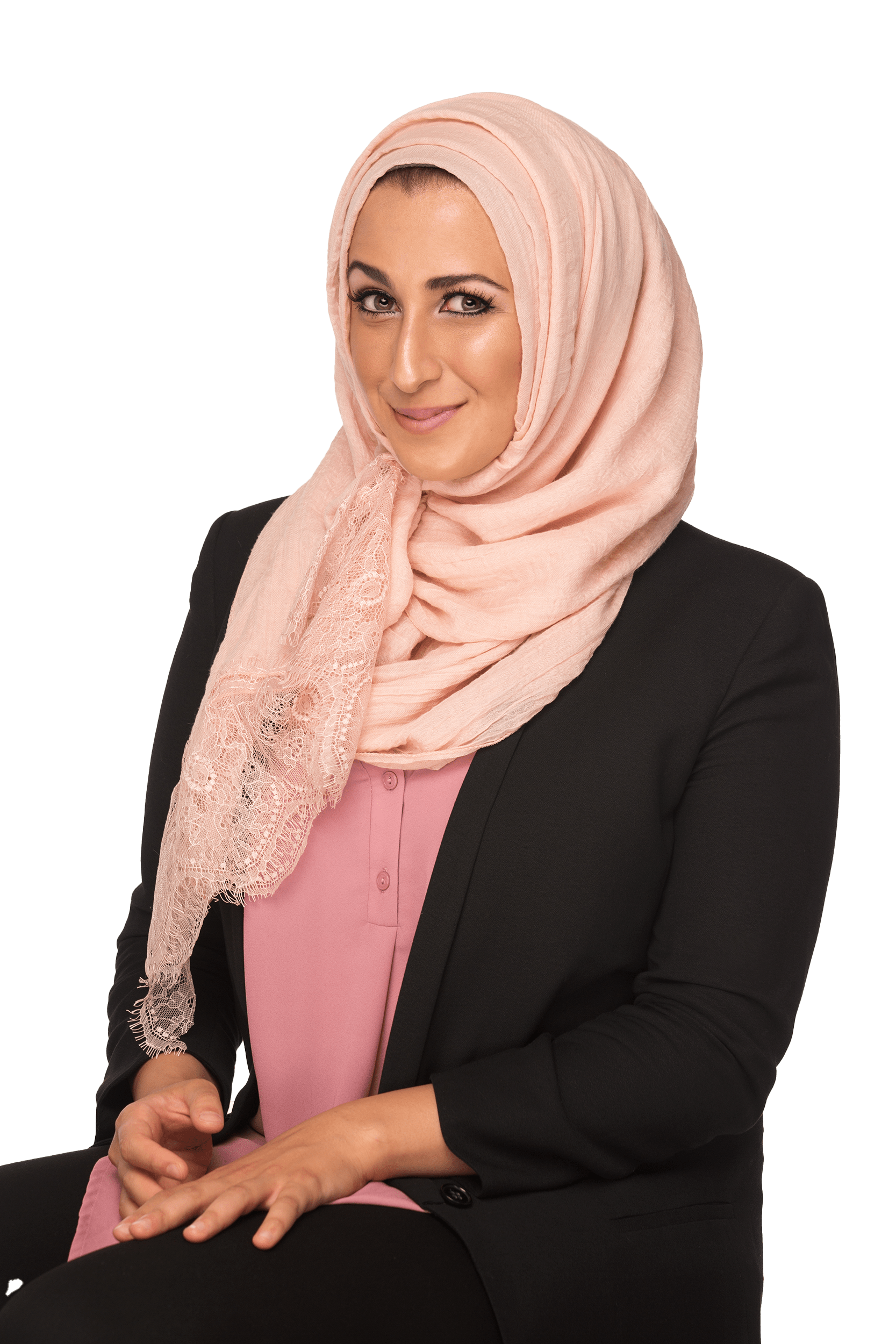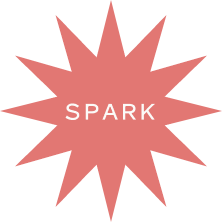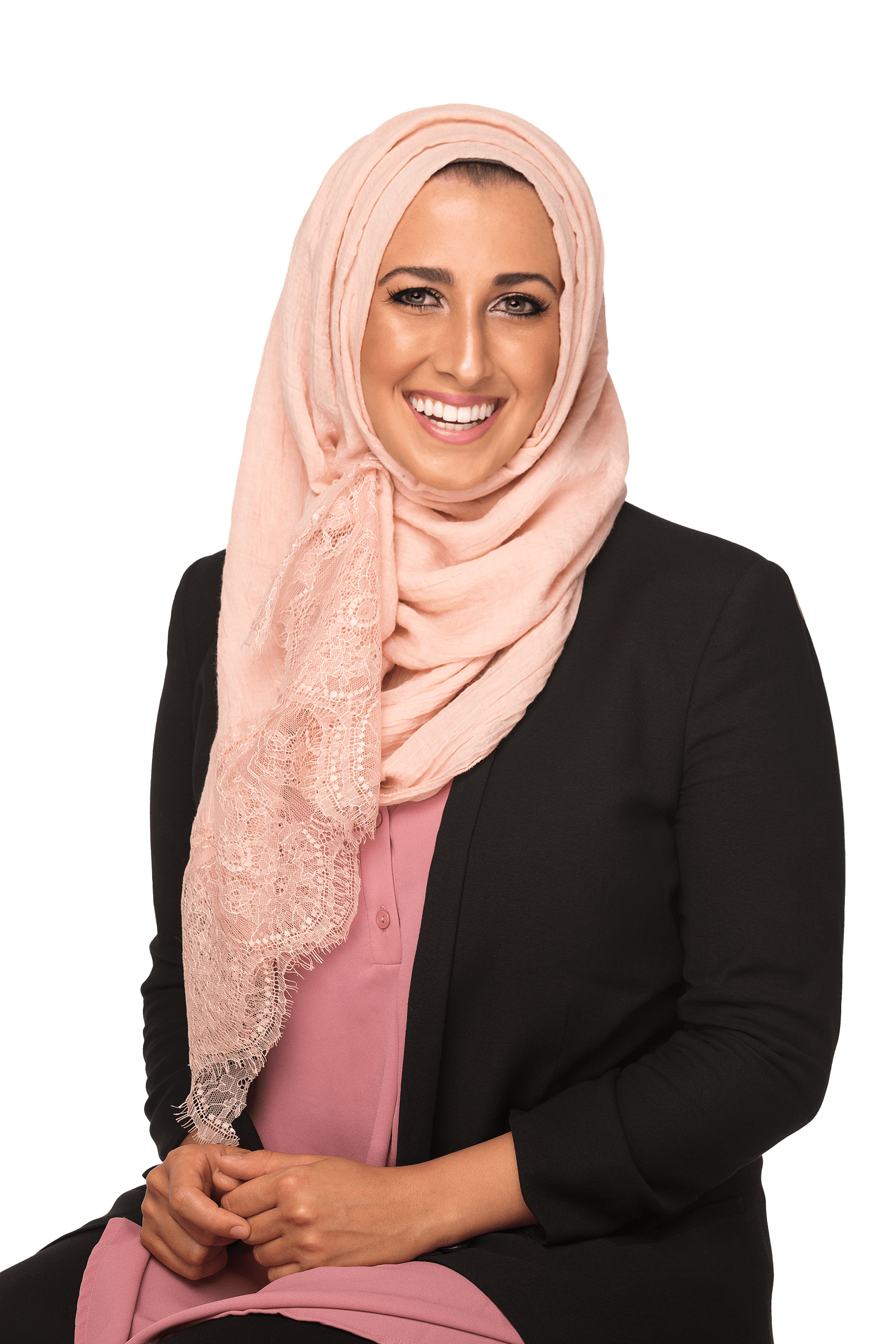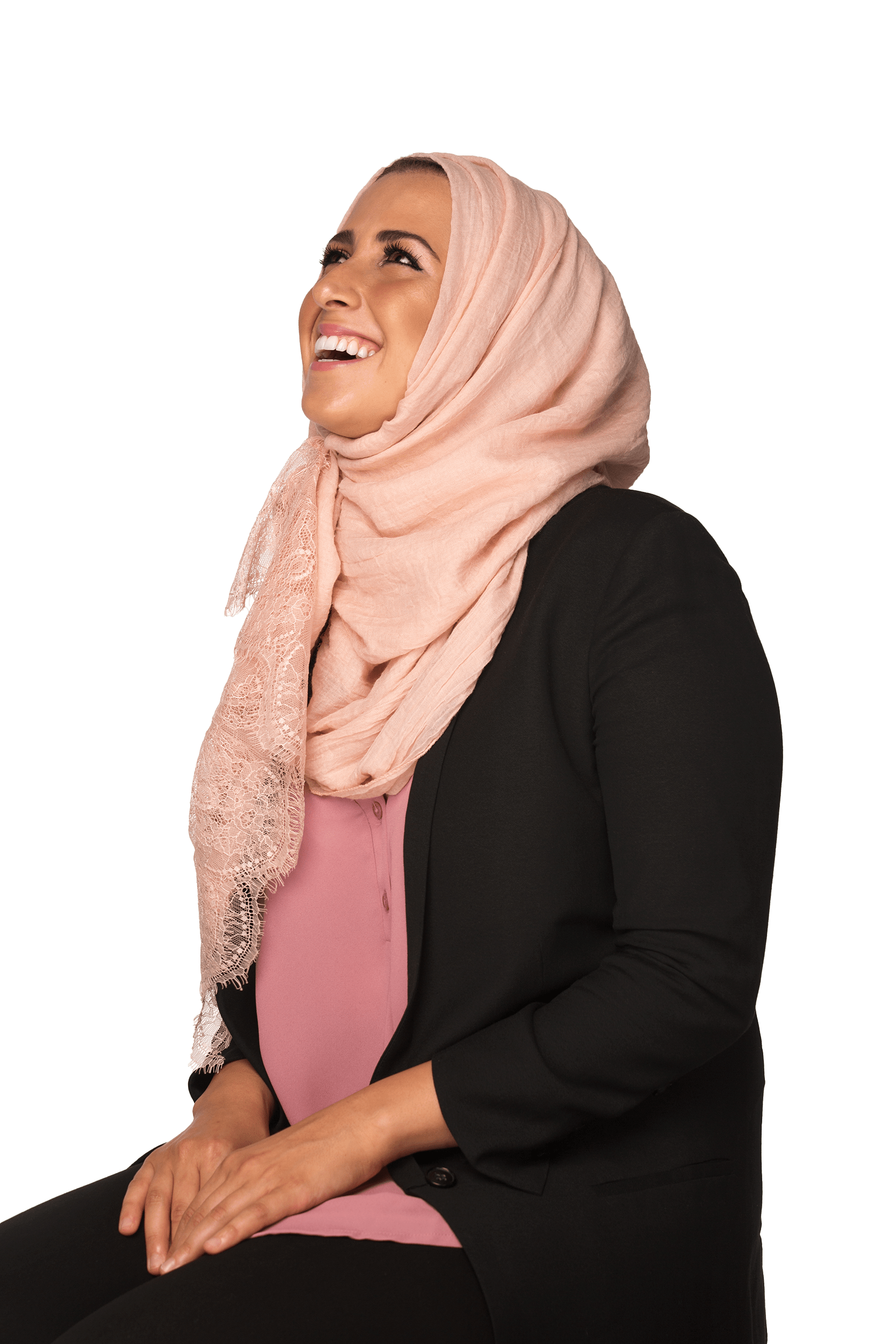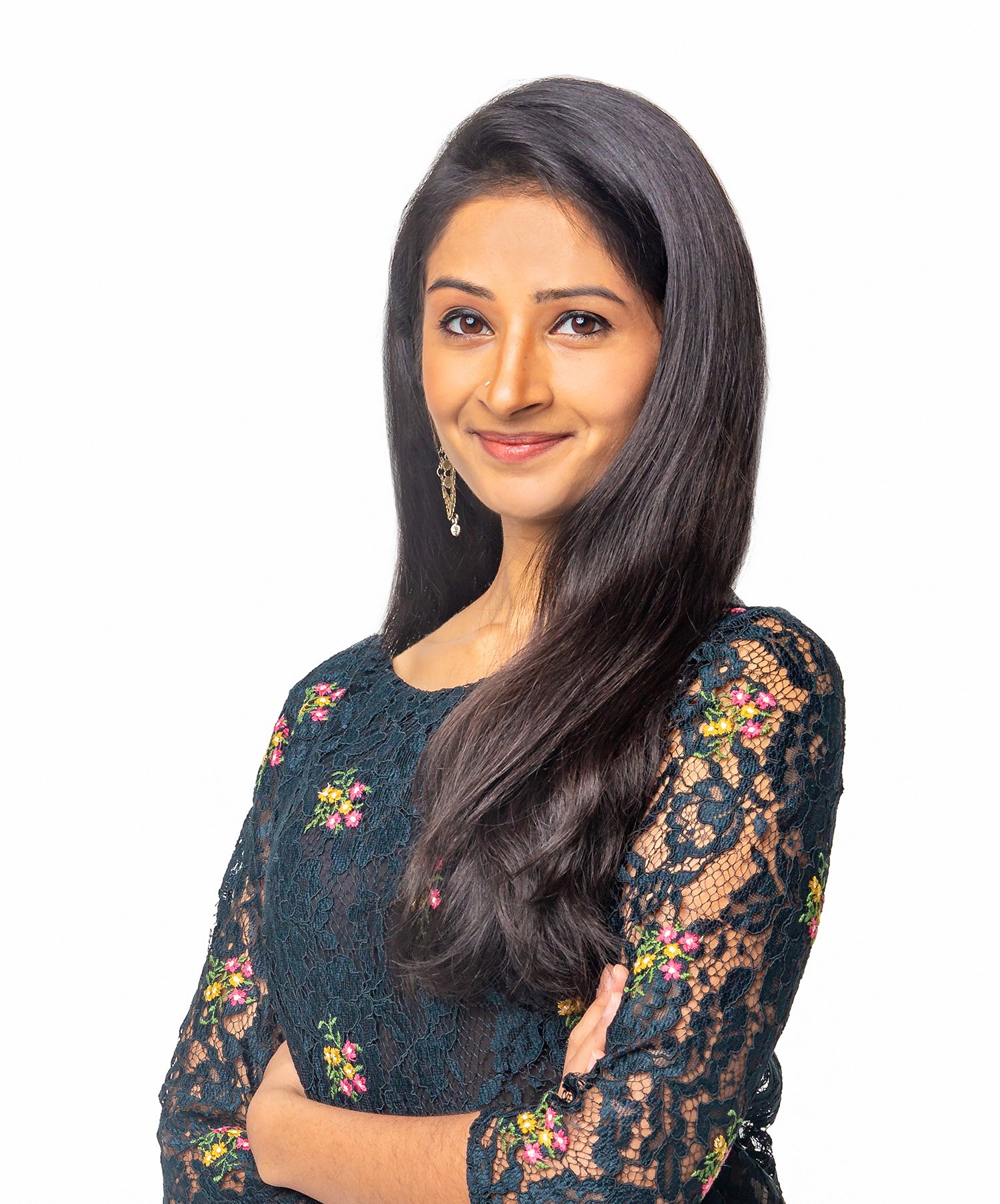I am an
EPIDEMIOLOGIST
At University of California,
San franciscoNoor Al-Alusi
This scientist was part of our original collection.*A few features may be different.
NOOR
AL-ALUSI
She/Her
“Science is just discovering new things about our world and finding ways to [keep] learning more.”
In many ways, health sciences like epidemiology mark the point where our interests in discovery and in protecting others meet. As a lifelong adventurer pushing her limits, and a dedicated volunteer serving her communities, it’s no surprise that Noor Al-Alusi found a role in research that called for both.
Noor has always craved adrenaline. From achieving a black belt in Taekwondo to pole-vaulting, she has a long history of chasing – and catching - adventure. This knack for thriving under pressure has come in handy, as Noor recently traveled to Puerto Rico to study populations affected by the high stakes Zika virus. This work marks the coming together of many storylines. Noor’s experience as the daughter of Iraqi immigrants and an eye-opening trip to Ghana led her to appreciate the critical demand to make healthcare available and tailored to the specific needs of all communities.
Of course, her direction wasn’t always clear. Teachers played an ambivalent but critical role along the way. One teacher utilized the “weed out” method, attempting to scare otherwise competent and curious students away from the sciences. Speaking to the power of support and role models, a single professor who saw her potential reignited her curiosity and empowered her to pursue epidemiology.
Noor’s desire to help others started much earlier than her interest in science. For her, science has never been about the lab. It's about people. It’s a tool to bridge the gap between our current reality and her deep-rooted belief that everyone deserves to live well.
Notable Accomplishments:
MS in Epidemiology from Harvard School of Public Health
Regents Scholarship
The
basics:
Expertise: Epidemiology; Public Health
Title: Resident Physician
Institution: Harvard T.H. Chan School of Public Health & University of California, San Francisco
Personal Resources + Links:
LAB WEBSITE → I am a world traveler and adventurer committed to using science to keep all communities healthy.
HUMAN RIGHTS
•
ADVENTURE
•
PUBLIC HEALTH
•
FASHION
•
TRAVEL
•
HUMAN RIGHTS • ADVENTURE • PUBLIC HEALTH • FASHION • TRAVEL •
things I love:
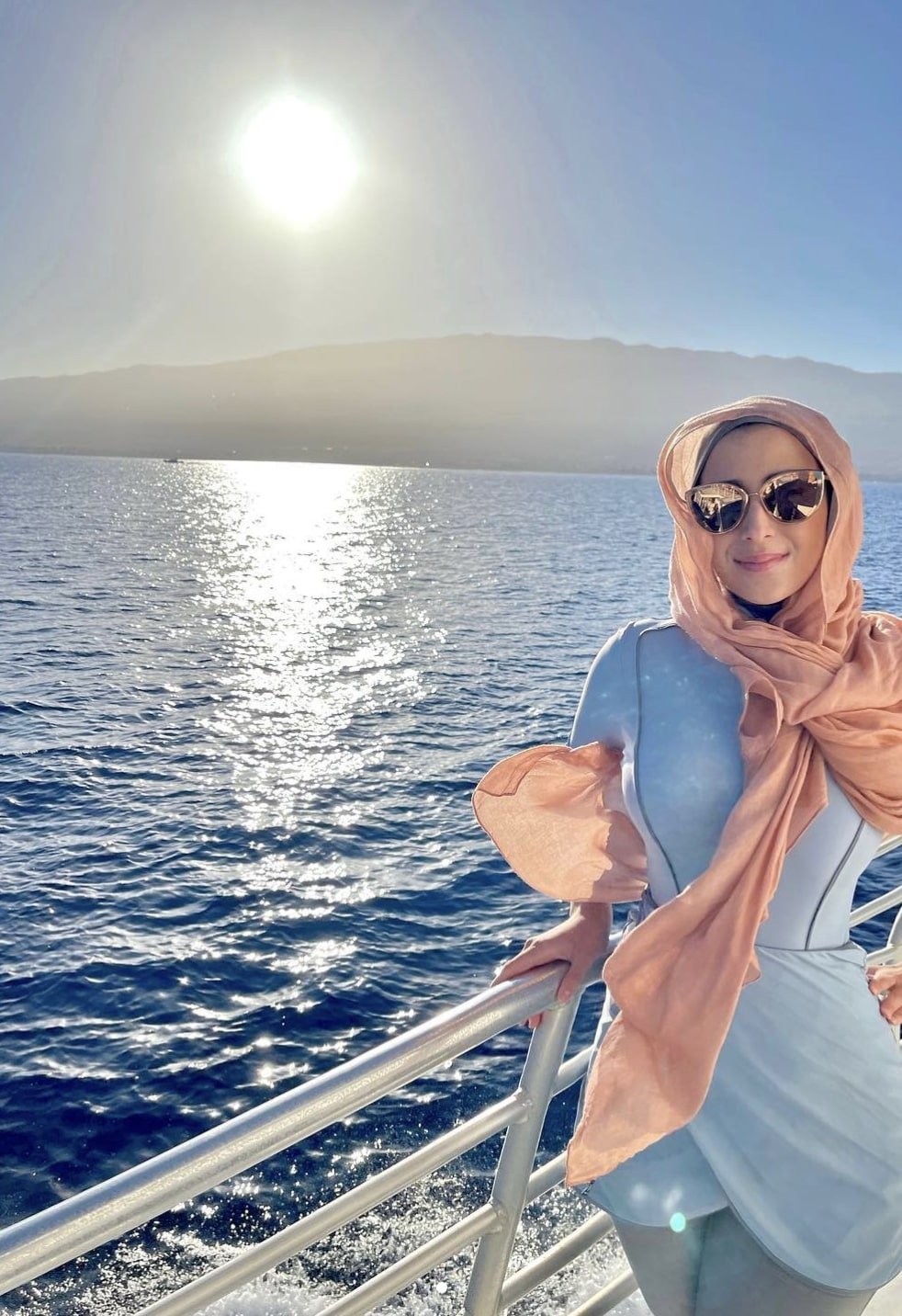
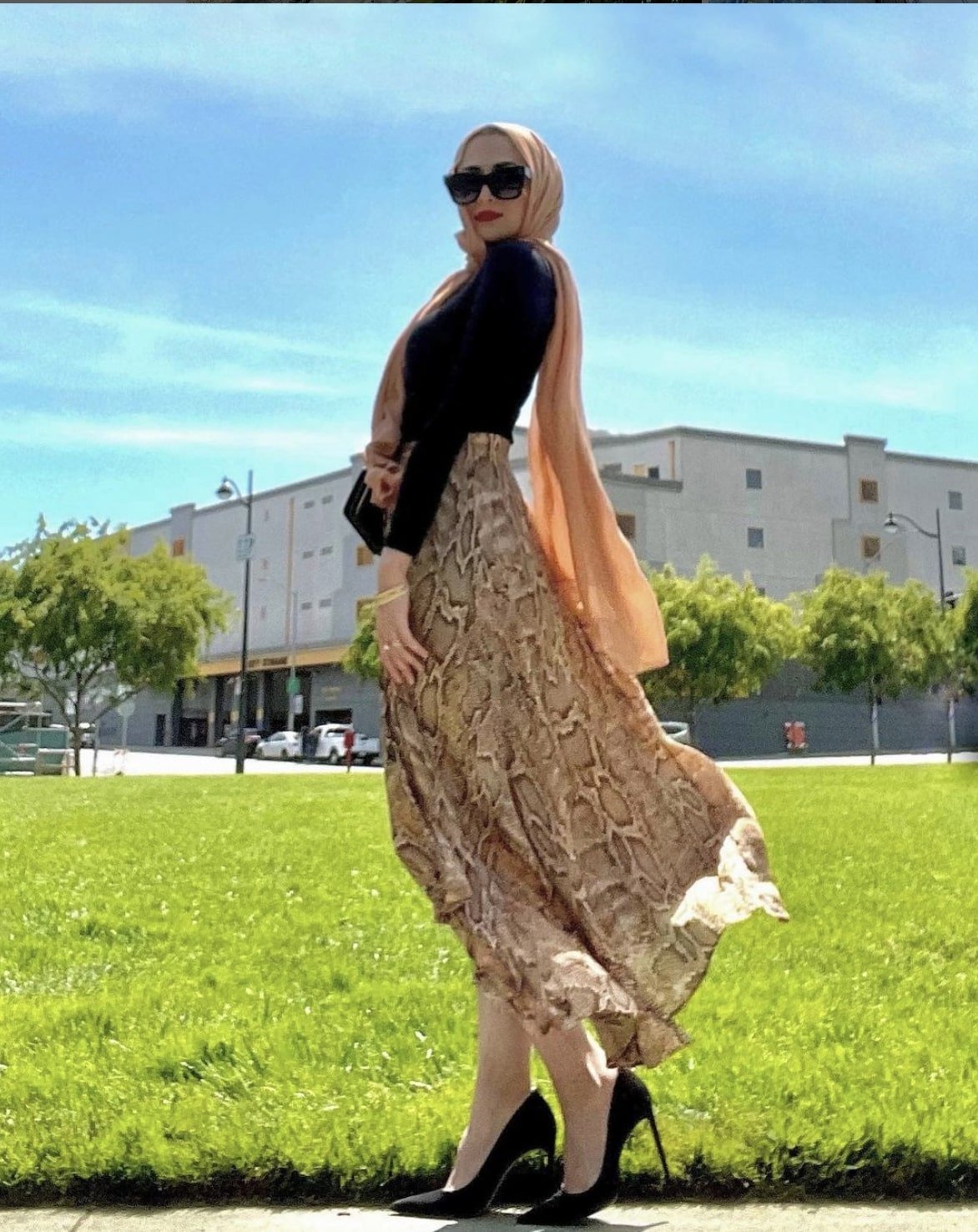
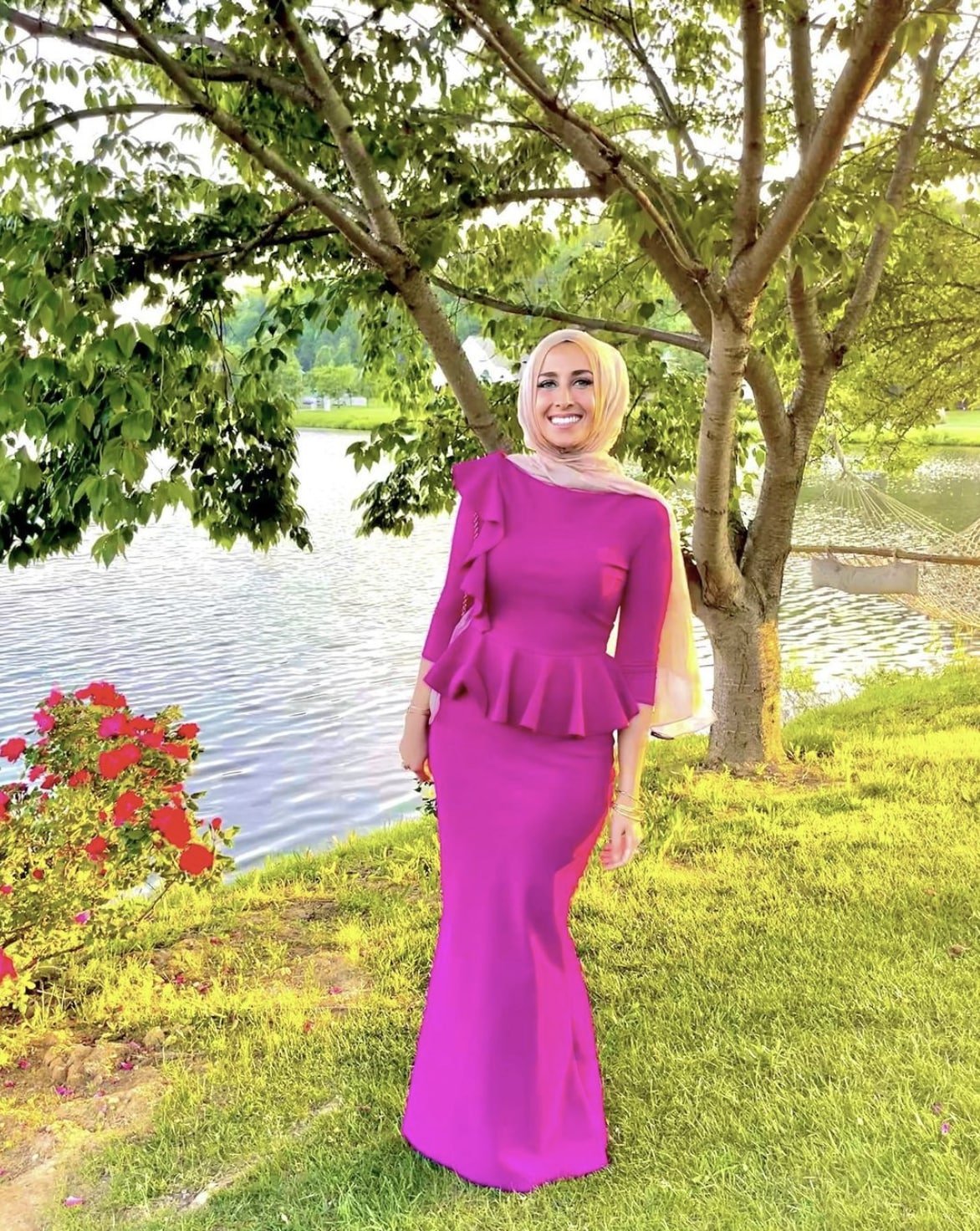
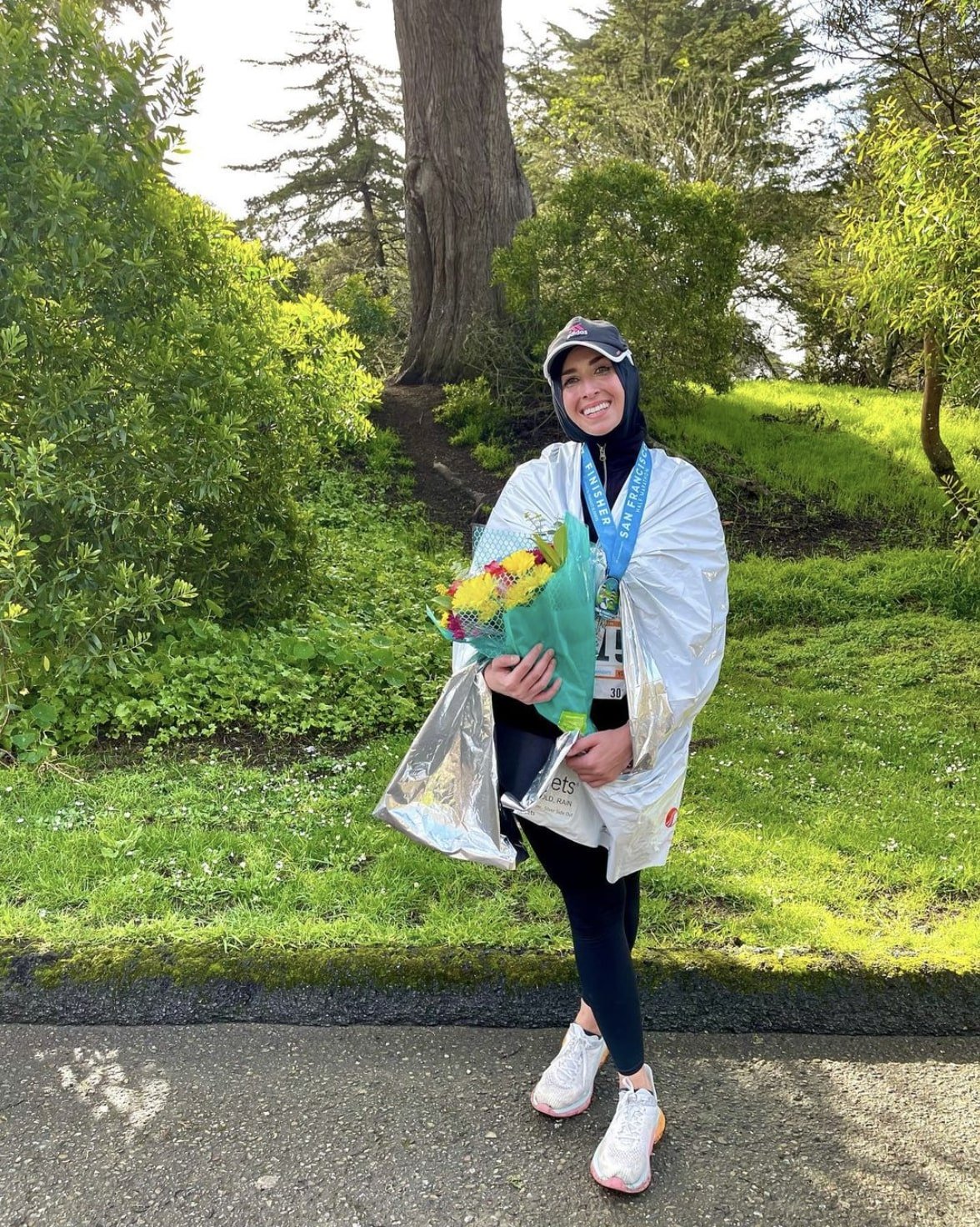
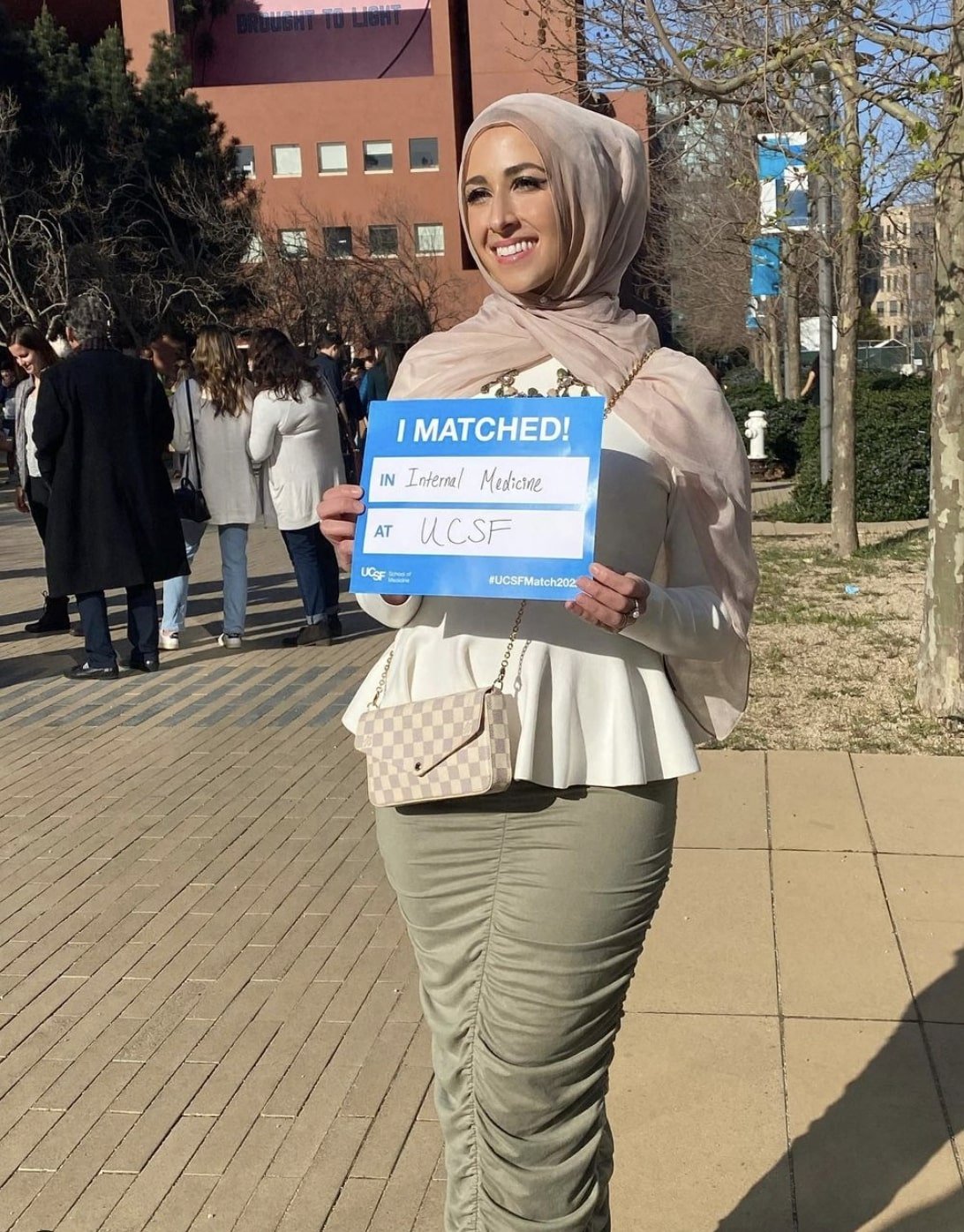
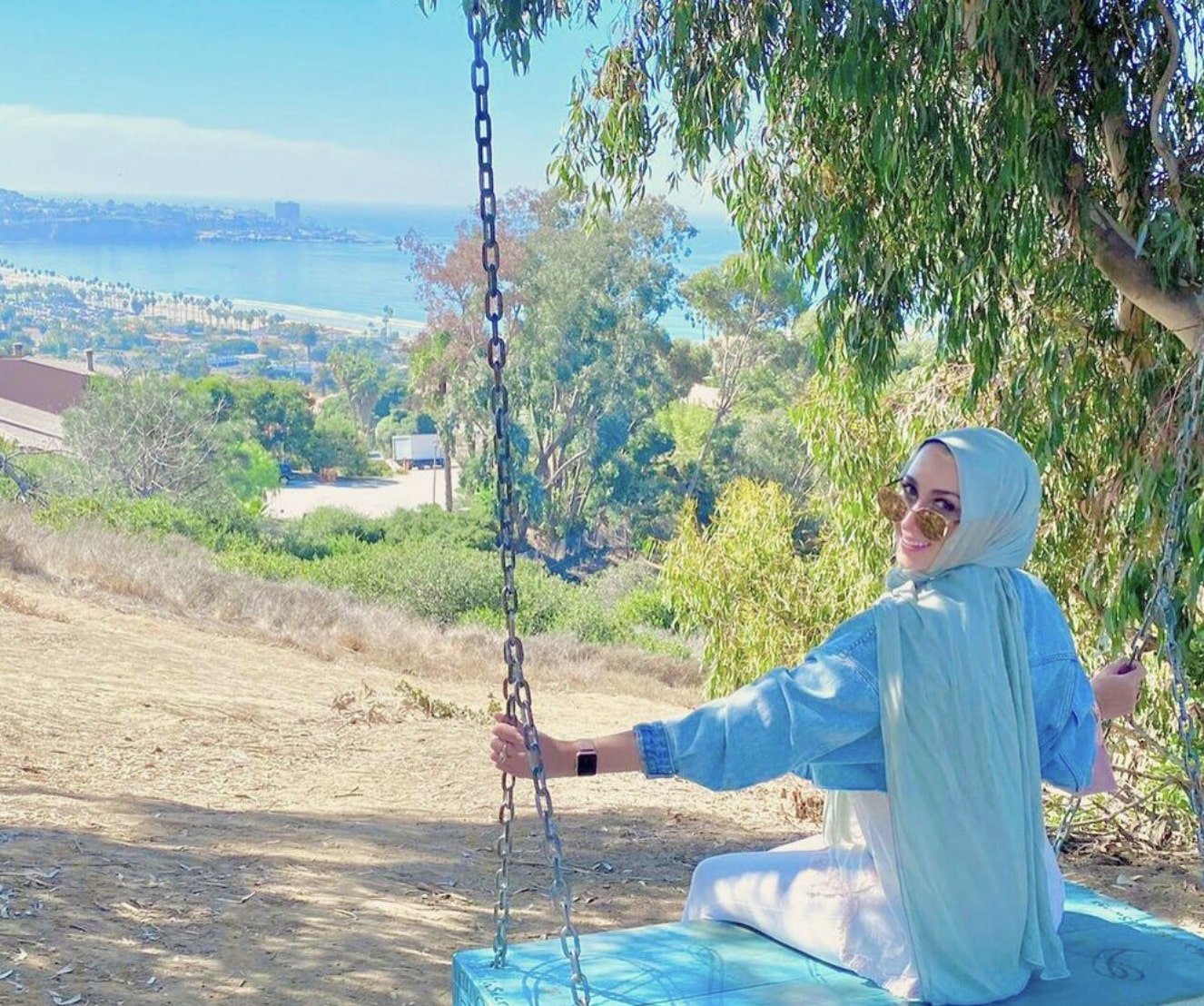
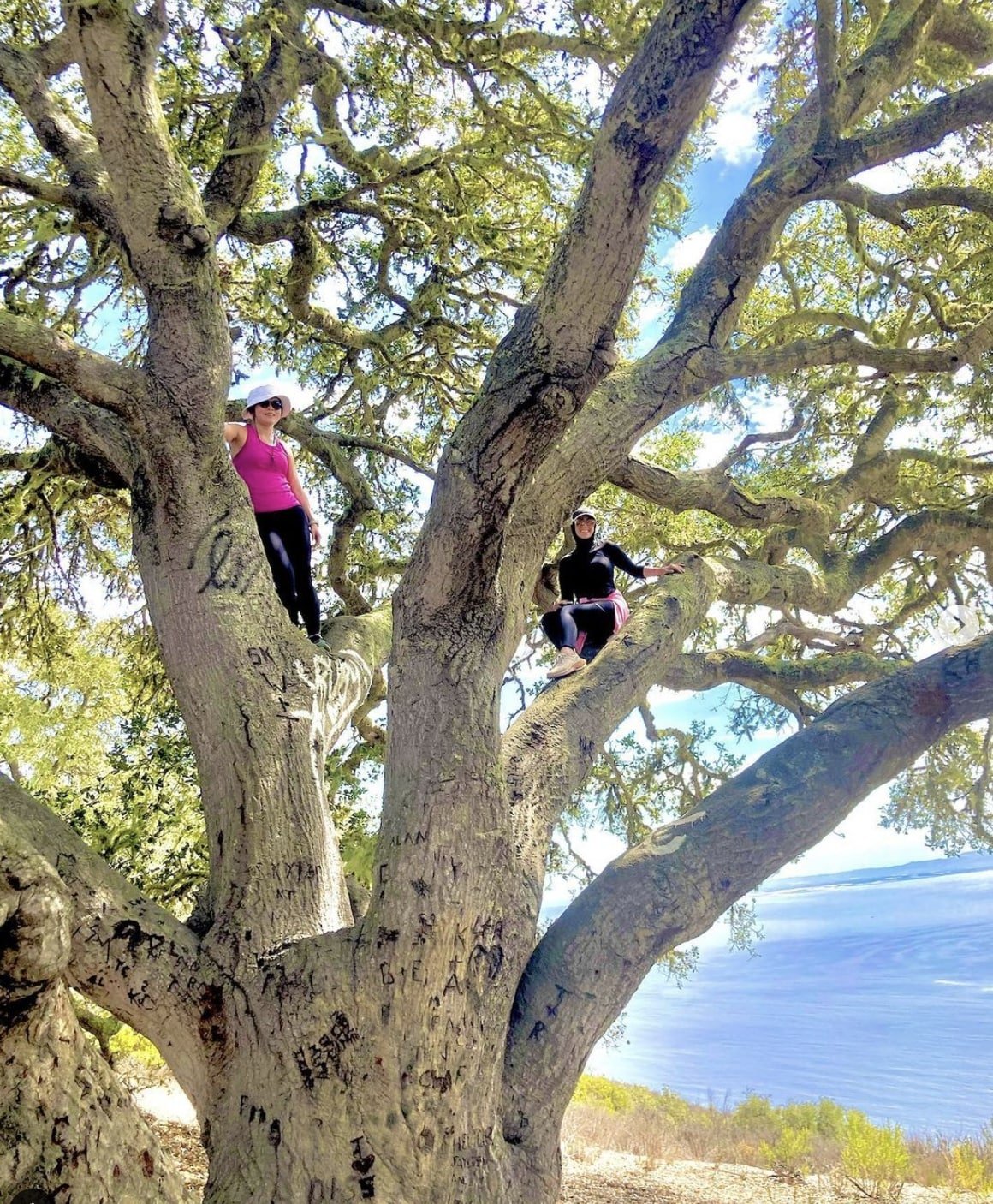
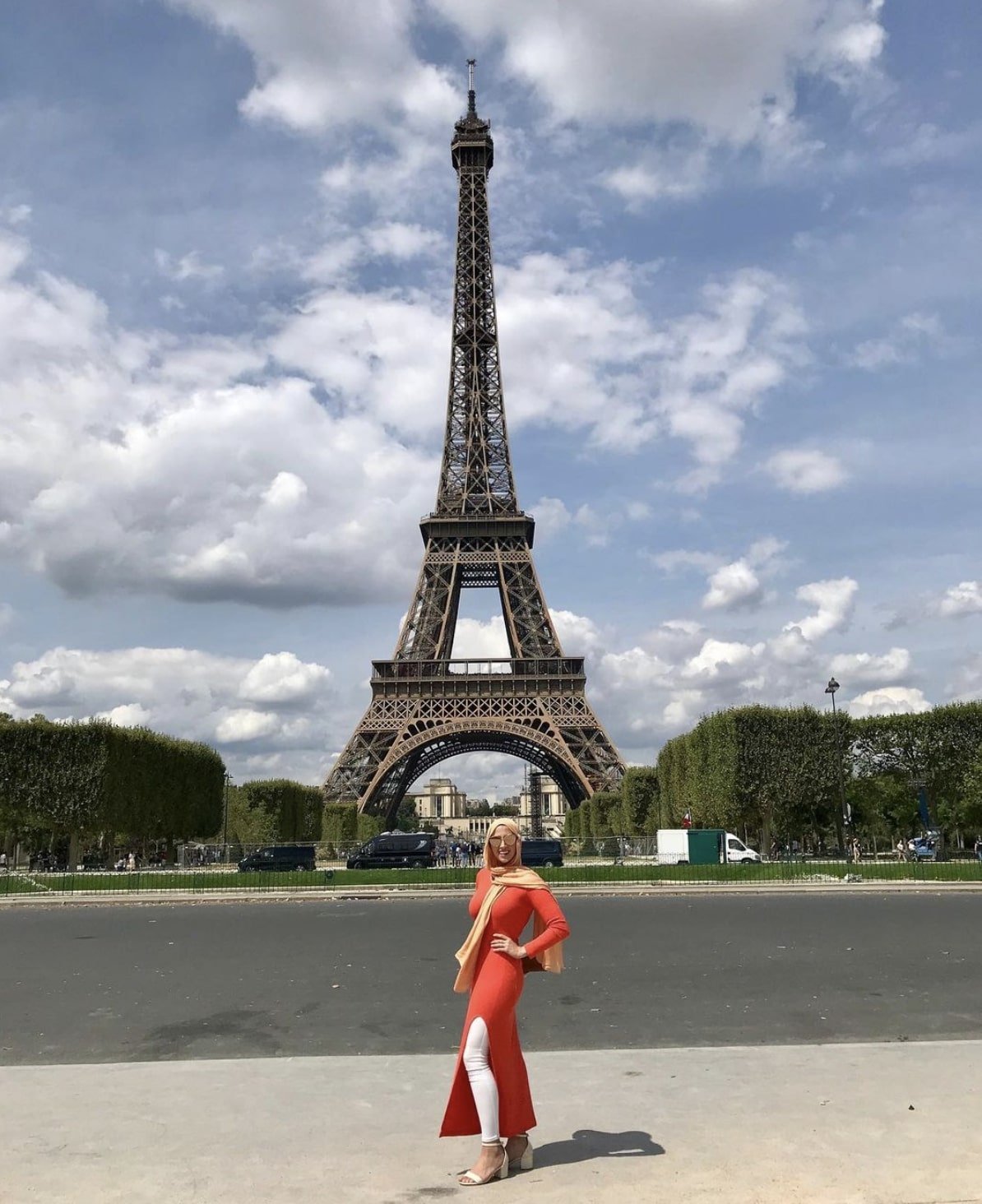
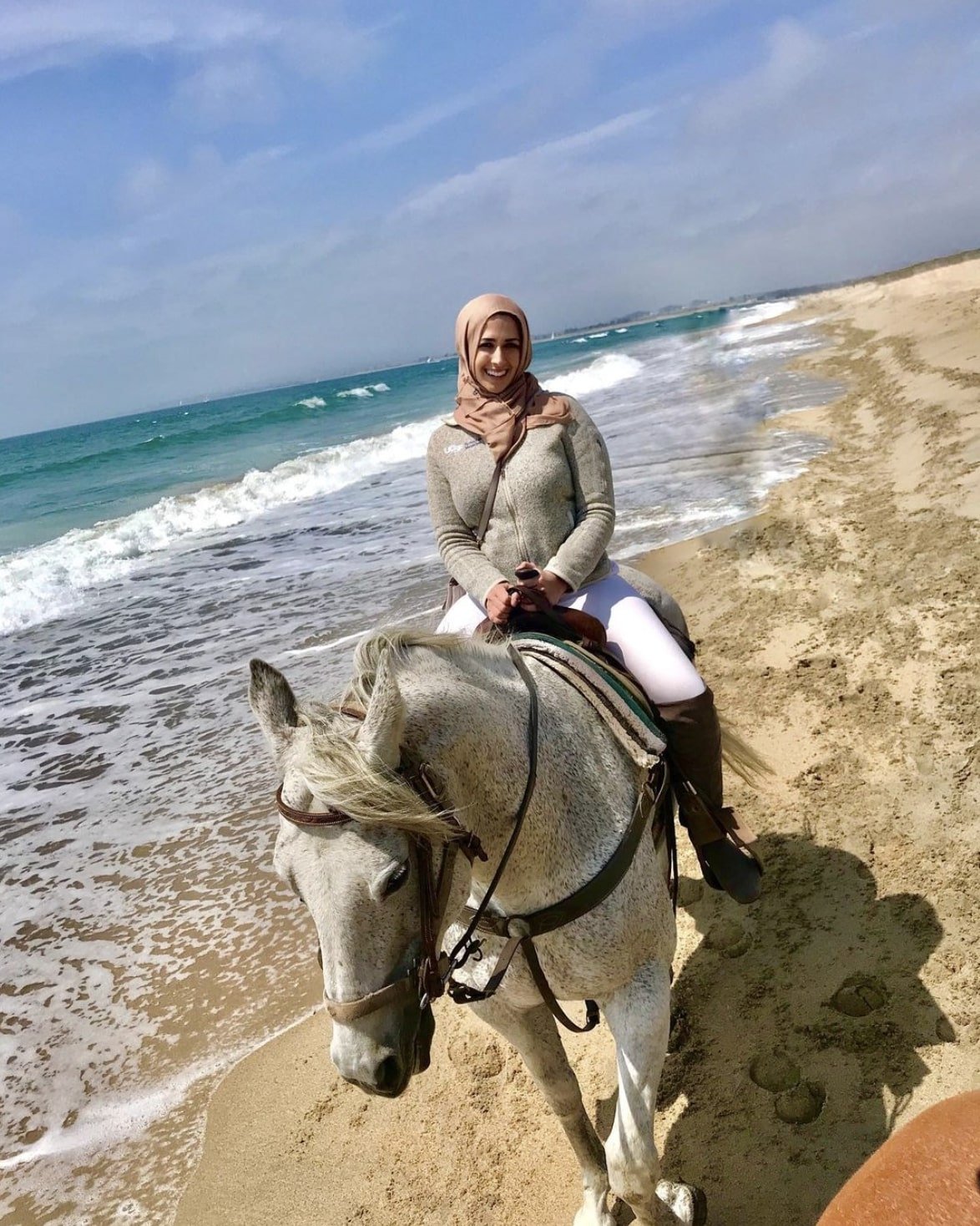
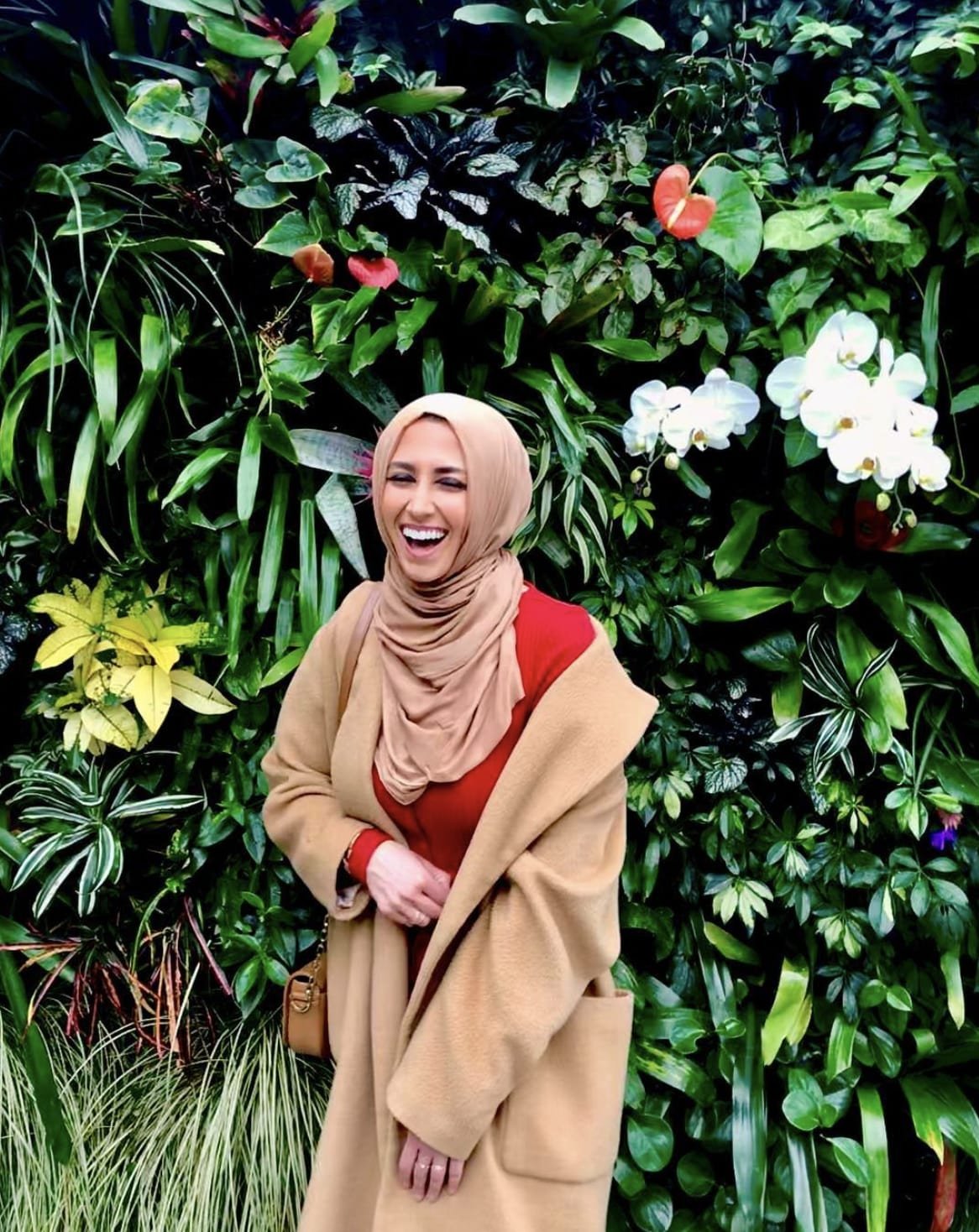
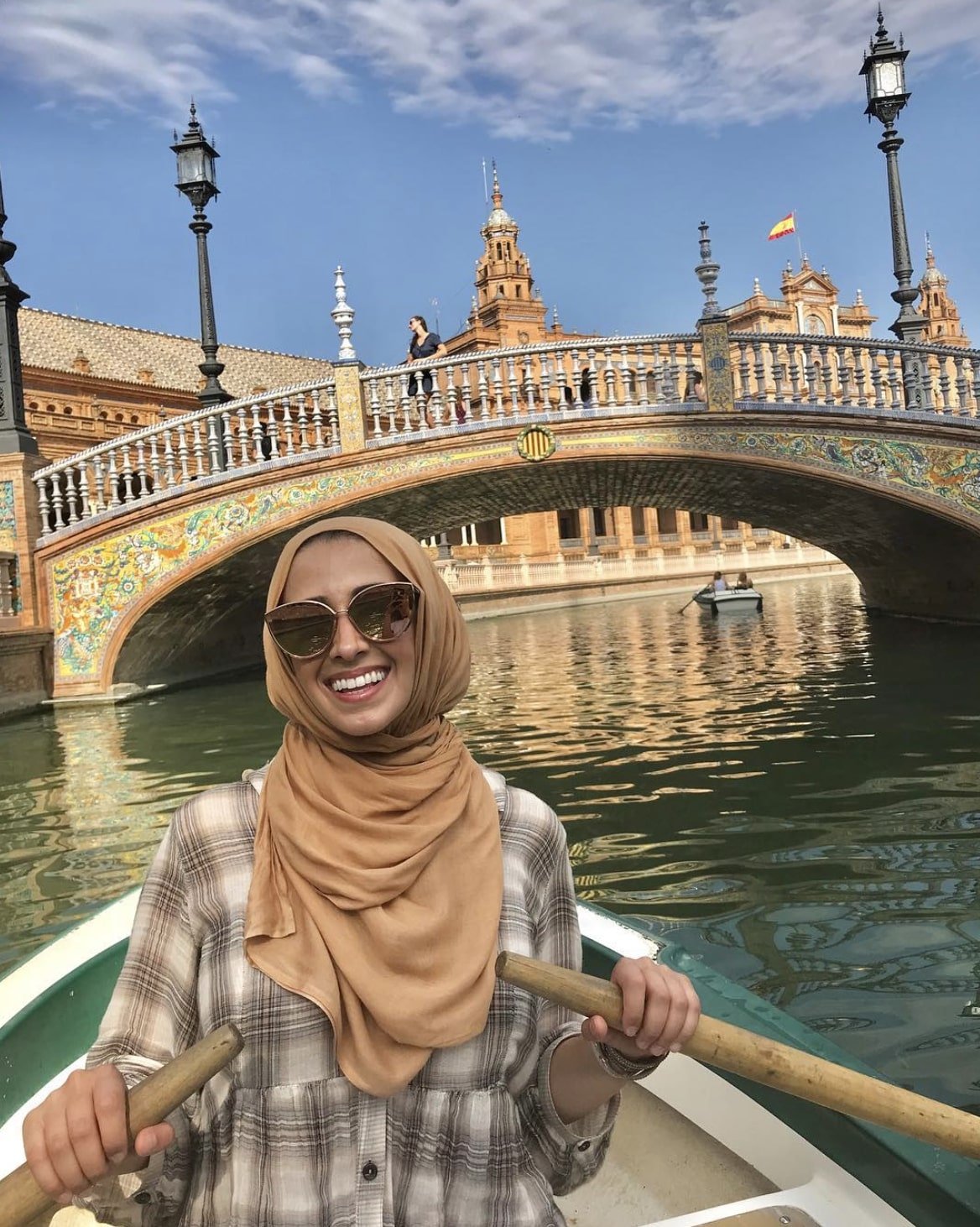
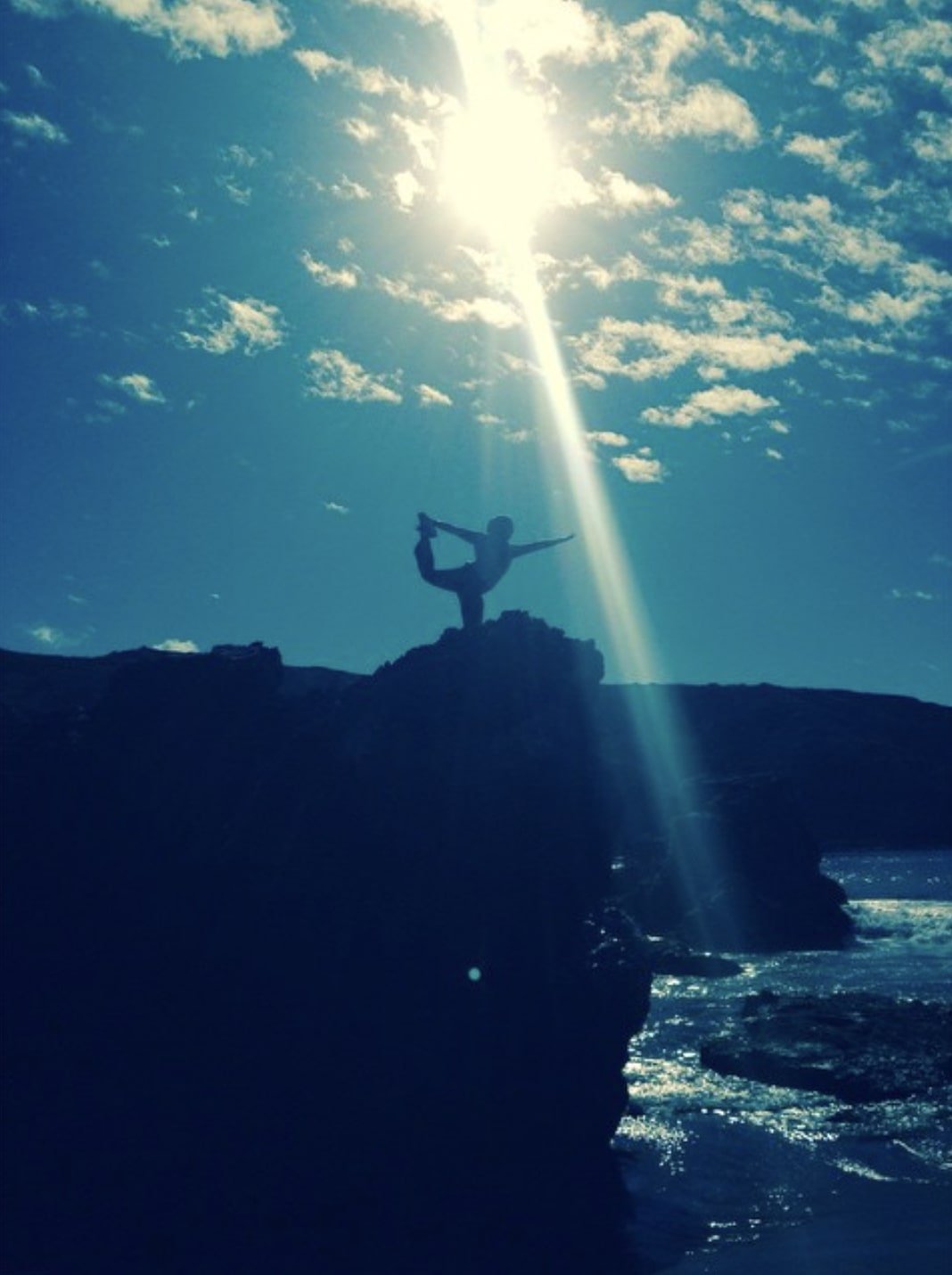
WHAT I DO
i am aN EPIDEMIOLOGist
I am pursuing my passion for equal access to health for everyone.
I am a medical student and researcher at ucsf.
During the Zika epidemic, I met with communities most greatly affected by the virus, using data and mathematical models to keep them safe and healthy.
I use math to study the zika virus.
The Zika virus is a dangerous infection that can impact pregnant women and their babies.
I travel for work.
I have traveled the world to study outbreaks and disease, including to Puerto Rico and Brazil.
MY WHY
My belief that all people have a fundamental right to healthcare motivated me to continue to expand my study in epidemiology.
I WANT TO KNOW:
What makes diseases spread?
How do we make sure everyone has what they need to fight disease?
MY ADVICE
a little about me
I have a black belt in Taekwondo.
I was on the pole vaulting team in highschoool. Somtimes I talk in my sleep. I once had a pet Rabbit. I’m a huge Drak fan. I believe that all people have a fundamental right to healthcare. I am driven by a desire to help others.
MY PATH TO SCIENCE
Always Seeking Out New Challenges
Shy and quiet as a child, I sought adventure, new experiences and challenges. From achieving a black belt in Taekwondo in middle school to the pole vaulting team in high school, I was driven to challenge myself physically as well as mentally.
Exploring Science as a Way to Serve People
Born in California, my parents immigrated from Iraq. This personal experience provided me with a unique understanding of the specific needs, including health, of the immigrant community. The “right” teachers had a big influence on me, encouraging my interest in science. For example: a professor encouraged me to study and explore epidemiology which gave her the motivation and support I needed.
Going Beyond a Degree
After I earned my undergraduate biology degree at UCLA, a passionate mentor and a trip to Ghana changed the course of my scientific journey. A trip to Ghana exposed me to a critical need in global public health. Always moved to volunteer, I saw a need – and an opportunity – to study access to the necessary resources to combat infectious diseases.
Applying Science to Real World Problems
My belief that all people have a fundamental right to healthcare motivated me to continue to expand my study in epidemiology. This led me to Puerto Rico to research and work with populations affected by the Zika virus. Using new and existing data, I focused my work on women in different phases of pregnancy to help establish patterns of risk at different gestational periods.
Studying Medicine
I am currently a medical student at the UCSF School of Medicine. I am pursuing my passion for equal access to health for everyone through both the study of medicine and the study of public health, which will give me more tools for tackling the intersection of human rights and human health.
I study Epidemiology
Epidemiology is the study of health and disease in communities.
INTRODUCING
PUBLIC HEALTH
What is the study of public health? Why does it matter?
In the wake of recent outbreaks like Ebola, Zika, and the novel coronavirus, the study of public health has never been more important. Epidemiologists are scientists who study how disease spreads in order to make predictions about who will be affected and when. They use biology and statistics to figure out the needs of a community and the best methods of helping them avoid widespread infection. The scientific models of disease control that they develop can slow infection and help healthcare workers prepare for the care that will be needed to keep the population healthy. This can mean identifying factors in the environment that are related to higher health risks, educating the public on how to avoid the spread of dangerous diseases, or figuring out the best methods of distributing prevention measures, like vaccines and mosquito bed nets.
Researchers in the field of public health also help advise medical doctors and the government on public health policy, recommended actions in the case of a disease outbreak, and the development of medical care programs. Public health scientists can be doctors working in hospitals, scientists analyzing data, or field workers helping to stop the spread of infectious disease in distant countries. Without them, the world would be a much scarier and less healthy place for us all.
Career Resources
Every scientist’s path is unique, and the right resources can make all of the difference. Below are a selection of resources that may be helpful for those who are interested in areas of science that are related to Noor’s work.
“To be great at science, you just need a question that you are really interested in.”
— Noor Al-Alusi
KEEP EXPLORING
Here are some resources we recommend for diving deeper into themes from this story.
Medical & Health Sciences
FIELD GUIDE
coming soonView more related scientists:
Looking for teacher resources?
PHOTOGRAPHER: Erica Derrickson • Boston, MA© 2024 THE PLENARY, CO. ALL RIGHTS RESERVED. TERMS. PRIVACY.This is a brand new site! See an issue? Let us know.
